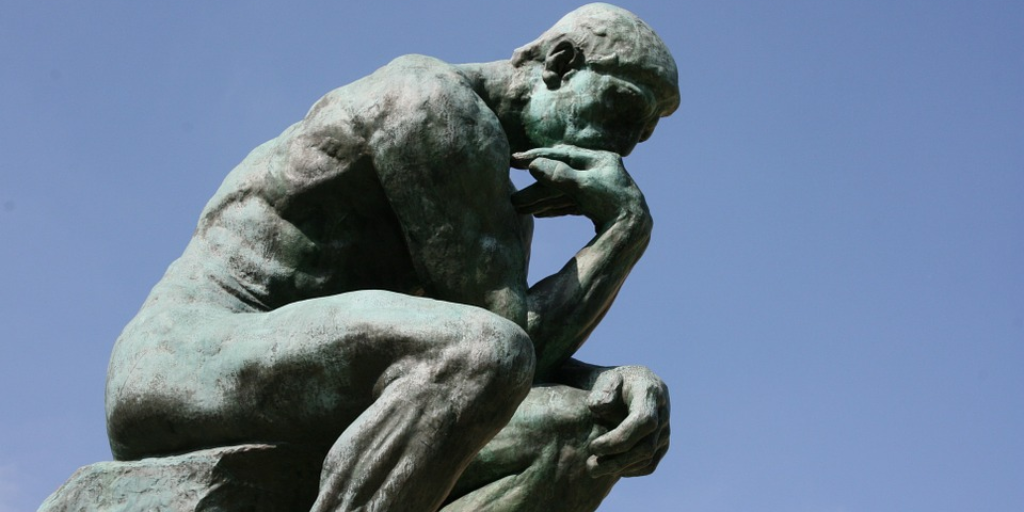Some Sundays, I’m just not feeling it. Church that is. Mind you, not all Sundays, not most Sundays, but some.
I realize it might be odd, or even alarming, to read those words from a pastor, but it’s the truth. Some Sundays, I’m just not feeling it. My guess is, for many of you, some Sundays you’re not feeling it either. I think it’s good that we admit that. Sometimes, it’s nice to visit Bedside Baptist, Pillow Presbyterian, Under the Covers Unitarian, Church of the Bedsprings, or Snooze and Sleep Synagogue.
Some Sundays, I’d prefer to stay at home in my pajamas and enjoy one (ok, six) more cups of coffee. Some Sunday, I don’t feel as if I have words to pray or a song in my heart to sing or if God is going to be near. Some Sundays, I’m just not feeling it.
But, not feeling it has compelled me to love the liturgy.
At its essence, liturgy means ‘the work of the people.’ Some say it can mean both ‘worship’ and ‘service.’ Liturgy is also used to describe the guiding and organizing principles of a church’s worship gathering; the rituals and traditions within the service.
Some churches have a formal or traditional liturgy while others are informal or contemporary. For instance, the Episcopal and Catholic churches follow a formal liturgy, while usually, non-denominational evangelical churches follow an informal liturgy. Every church, though, follows a liturgy.
At some point in my spiritual journey, even though I was raised in a church with a formal liturgy, I came to believe that such a liturgy was too rote, too formulaic, and too void of spiritual fervor. I settled in churches with an informal liturgy and stayed clear of formal church services. And, unfortunately, I came to believe such a liturgy was the better way to do church. I was wrong.
Recently, though, my family started attending an Episcopal church and the formal liturgy of its service has been beautifully refreshing. It’s been life-giving and soul-reviving.
We didn’t initially attend because we wanted a formal liturgy, though. We went because we wanted a church with a woman pastor, and in a city that boasts about 450 churches, there are only about six that are led by women, so that made our choice easier.
What we’ve discovered in this church is depth, beauty, richness, and mystery within the liturgy. What has become abundantly clear to me is that when I’m not feeling, it’s best to participate in the liturgy.
I have found the liturgy isn’t too rote, too formulaic, and too void of spiritual fervor. Instead, it is mysteriously mindful, refreshingly remarkable, richly spiritual, and deeply theological. The liturgy is exactly what I need when I’m not feeling it.
When I don’t feel it, I say the prayers of my ancestors, of those who have gone before me and recite the words Jesus instructed us to say; I affirm the ancient creeds, the foundation of my faith, and the truths on which I build my life; I confess my sins corporately and hear the absolution from the priest; I connect myself to the global church, to my sisters and brothers around the globe, as we recite the same words and prayers.
When I participate in the liturgy, I find these are the prayers, words, affirmations, and truths my soul has been longing to pray, voice, and affirm.
The liturgy moves me from not feeling it, to saying it, to affirming it, to believing it, and to living it. It forms me, molds me, and ultimately, transforms me. And the most mysterious thing about the liturgy is that we do not simply participate in the liturgy, we do not simply do the liturgy.
The liturgy is done to us. It is a tool that opens us up to the transforming presence of the Divine. I don’t know about you, but I need the liturgy, whether I’m feeling it or not.







